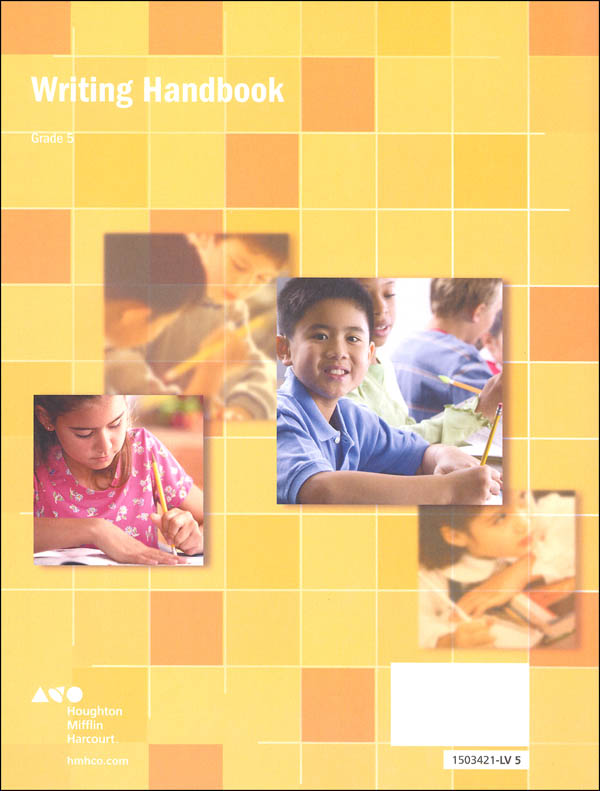
Based on the results of the assessment, it was concluded that the results of the program in general were appropriate but not yet maximal in achieving the same competencies among learning citizens. The method used in this research is descriptive statistical method. The purpose of this study is to explore the achievements and impact of literacy programs in Indonesia, especially in Bogor Region. Existing programs must be re-evaluated to improve their efficiency and incorporate unique aspects of local culture. It draws out key elements operating at the Learning Centre in Yuendumu that allow for responsive and sustainable learning and training, with important implications for policy development in community development, education, training and employment in remote Australia.Īn effective adult literacy program in Indonesia is a problem that must be addressed to meet the changing needs of the industrial generation.

The study draws on an account of learning that is broad, diverse and situated in meaningful activity, which is responsive to the social, economic and learning needs of remote settings like Yuendumu. This paper presents a reflective case-study of one such centre, the Warlpiri Triangle College Adult Learning Centre at Yuendumu in Central Australia.


They are showing success by meeting local individual and community adult learning aspirations, and pathways to employment. In recent years, Community Learning Centres have emerged as a new community partnership model providing adult education in remote Indigenous communities in Australia, and in four Warlpiri Communities, funded locally by the Warlpiri Education and Training Trust.


 0 kommentar(er)
0 kommentar(er)
